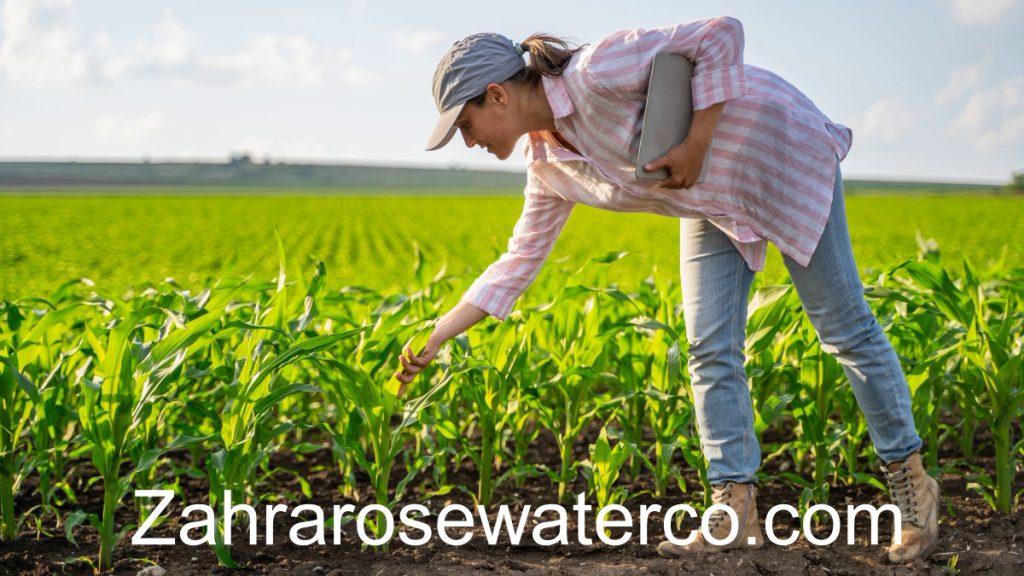The number of people who are paying attention to what they put in their bodies has led to an increase in the demand for organic food. However, have you ever given thought to the path that organic food travels from the farm to your home in order to reach your plate? The journey that organic food takes and the ways in which it is different from food grown using conventional methods will be discussed in this post.
Organic Farming Methods
Organic food is grown using farming methods that prioritize the health of the soil, plants, animals, and people involved in the process. Organic farmers use techniques like crop rotation, cover cropping, and composting to build healthy soil, while avoiding the use of synthetic pesticides and fertilizers. By prioritizing the health of the ecosystem, organic farmers can produce nutrient-dense crops that are free from harmful chemicals.
Harvesting and Processing
Once the organic crops are ready to be harvested, they are carefully handpicked by skilled farmers. The crops are then transported to processing facilities where they are cleaned and packaged. During processing, organic food is carefully monitored to ensure that it meets strict organic standards. For example, any non-organic ingredients or additives are not allowed in organic food, and organic food cannot be irradiated or genetically modified.

Distribution
After the processing stage, the organic food is ready to be distributed to retailers and consumers. Many organic food brands work with local farmers and co-operatives to ensure that their products are delivered directly from the farm to the consumers. By eliminating the middleman, consumers can have access to fresher organic produce and support local farmers at the same time.
Consumption
Once organic food is in the hands of the consumers, they can prepare and enjoy it in a variety of ways. From home-cooked meals to restaurant dishes, organic food can be incorporated into any diet. Since organic food is free from harmful chemicals, it can be a great option for people who are looking to eat healthier and avoid the negative health effects associated with consuming synthetic chemicals.
Waste Management
Finally, it’s worth noting that organic farming and the production of organic food often prioritize waste reduction and responsible waste management. Organic farmers may use composting and other methods to reduce waste and return nutrients to the soil, while organic food companies often prioritize sustainable packaging options and work to reduce food waste by donating unsold products to food banks and charities.
In conclusion, the journey of organic food is a careful and conscious one that prioritizes the health of the soil, plants, animals, and people involved in the process. By choosing to consume organic food, consumers can support sustainable farming practices and prioritize their own health and wellbeing. From farm to table, the journey of organic food is one that is worth understanding and appreciating.


No comment